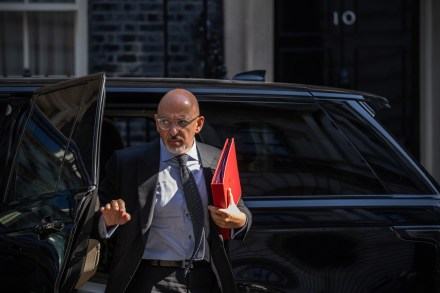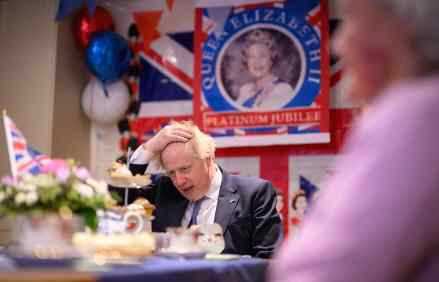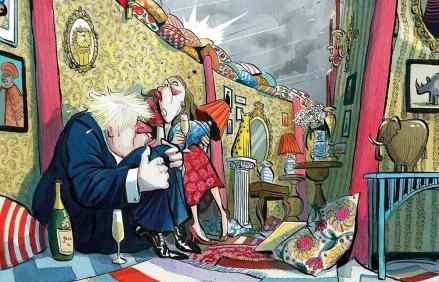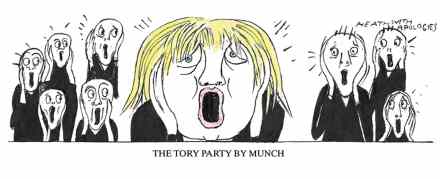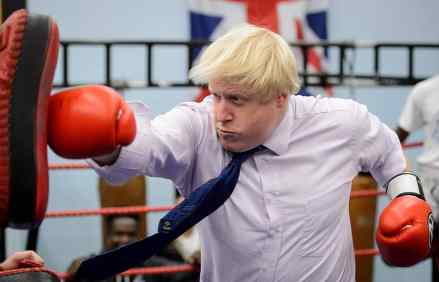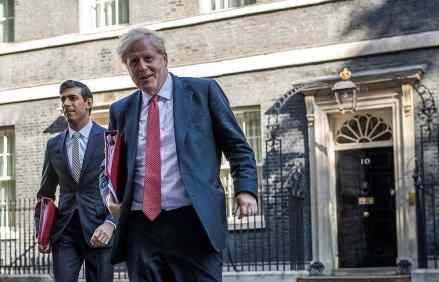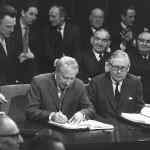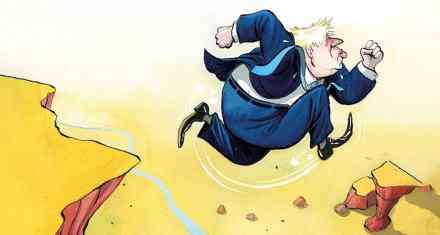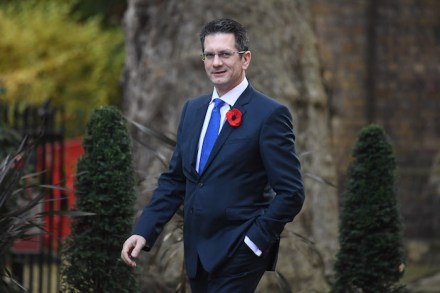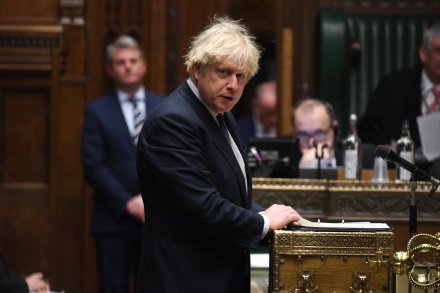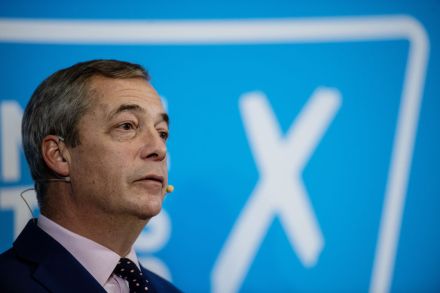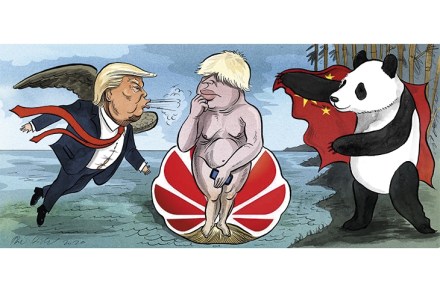Boris skewered – for one last time?
A brutal encounter at the Liaison Committee this afternoon. Boris was grilled for two hours by a gang of aggressive MPs, (many of them Tories), who were drooling and panting for him to quit. But it wasn’t until the final moments that the session caught fire. Darren Jones took the first chunk out of the PM. ‘How’s your week going?’ asked the Labour MP mildly. ‘Terrific, like many other weeks.’ ‘Did Michael Gove come in and tell you to resign today?’ ‘I’m here to talk about what the government is doing.’ Boris brushed off a similar attack from the SNP’s Angus MacNeil. ‘The game’s up. Will you still be prime




